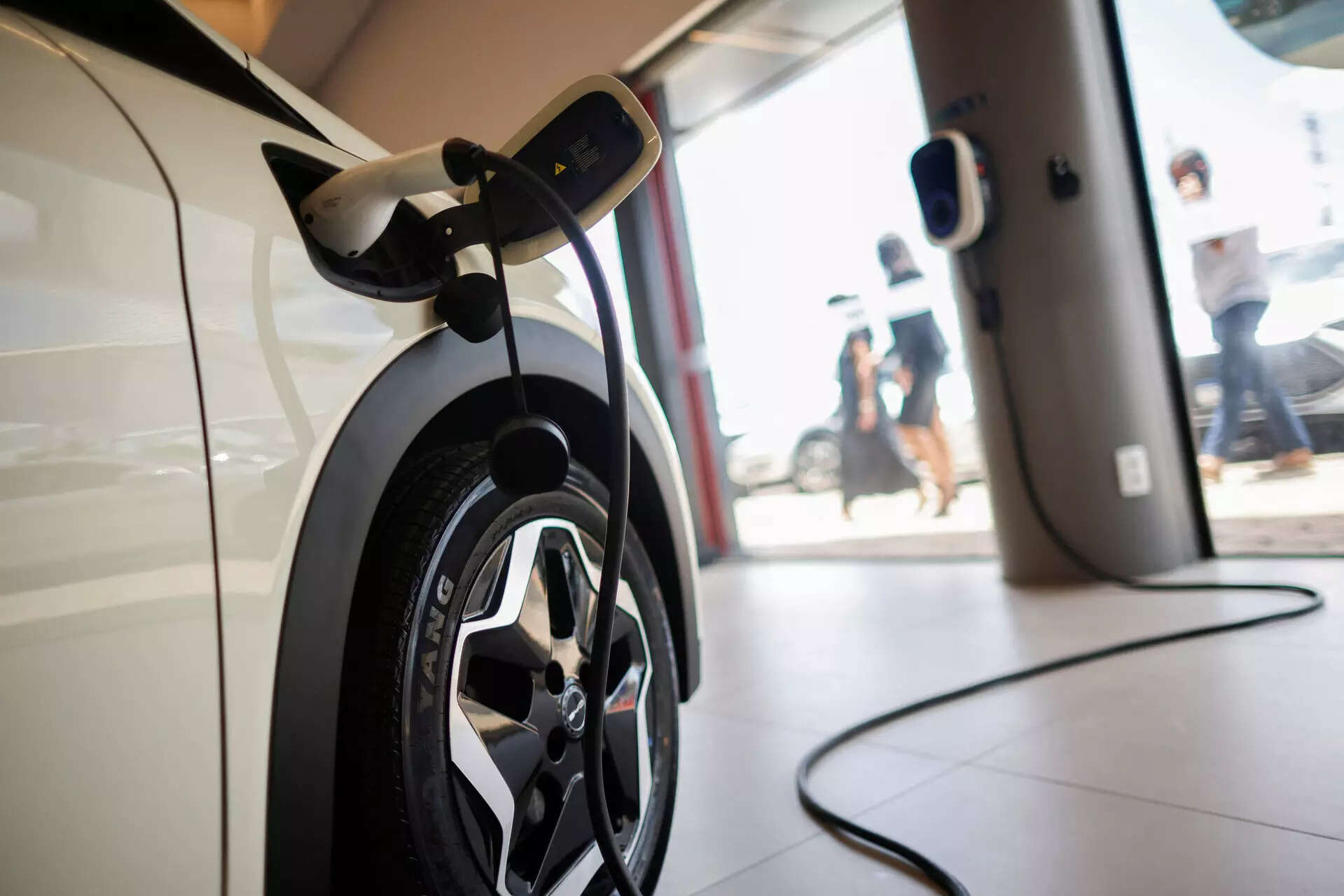
With electric vehicles (EV) finding a significant mention in the Union Budget, there was something to cheer in Nagpur, the home turf of the principal proponent of green energy and alternative fuel — Nitin Gadkari.
After the finance minister’s announcement on bolstering the e-vehicles ecosystem by supporting manufacturing and charging, experts and industry players sought setting up of more charging stations to augment EV mobility. They also said every housing society should have solar-based charging stations to cut dependence on the grid and achieve sustainable development. The EV eco-system, however, is still nascent in Nagpur and its nearby districts, but hope floats.
Ritesh Kesri, associate professor, VNIT Nagpur, who has worked on electric vehicle propulsion and charging infrastructure, said the common man would prefer electric vehicles, especially four-wheelers, only if charging points are easily available. “EV demand is strong. In Vidarbha, just one or two EV companies have started operations. If more charging stations are set up, the reluctance in choosing EVs will subside,” he said.
Wireless-charging infrastructure for flexibility and a charging station in each housing society is the need of the hour, he added. “EV charging stations must be solar based as these vehicles draw power from 15 ampere sockets for fast charging, while we don’t require this in households. So, it means, each EV may be consuming power required by four to five households and will put a strain on the grid. Solar is a better option,” he said.
Rajendra Gunjal, deputy general manager, Tata Autocomp, said right now there’s no standard for two-wheeler charging, while the four-wheeler segment follows CCS2. “Two-wheeler manufacturers are providing a separate charger with every vehicle. Four-wheeler EV manufacturers too are dependent on home charging as no public points are available. The range of vehicles too is an issue,” he said.
Gunjal said all petrol pumps should have charging points, while the govt must consider launching charging vans. “Focus must be also given on manufacturing chargers at competitive cost. Right now, 90% chargers are coming from China. Make in India design is also crucial. We are not able to beat the pricing of Chinese products in this sector,” he said.
Vijay Kumar, co-founder of Tsuyo — a startup engaged in producing motors for EVs, said startups are largely making electric vehicles. “The govt needs to fund research and development, and promote localization such as manufacturing spares. After-sale and service in the EV ecosystem will be a major challenge. Ecosystem of components needs to be developed and a proactive approach is the key,” he said.

